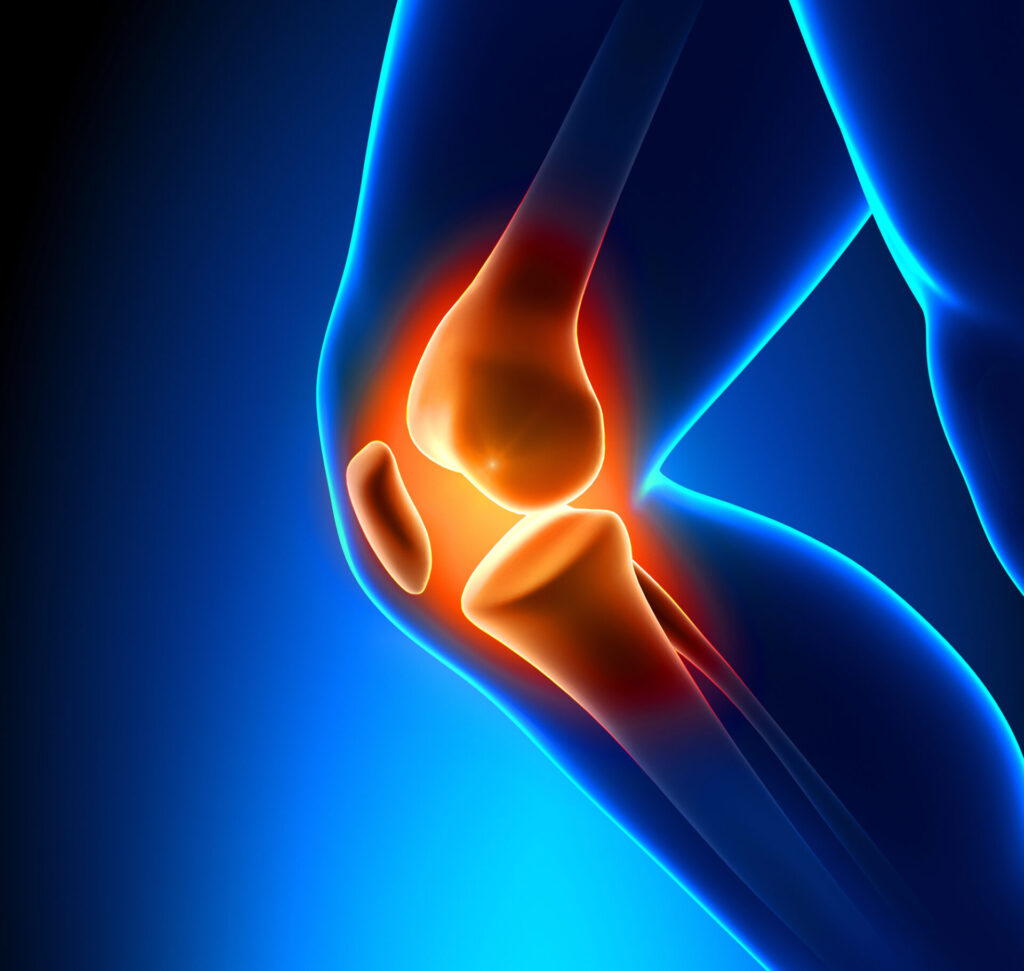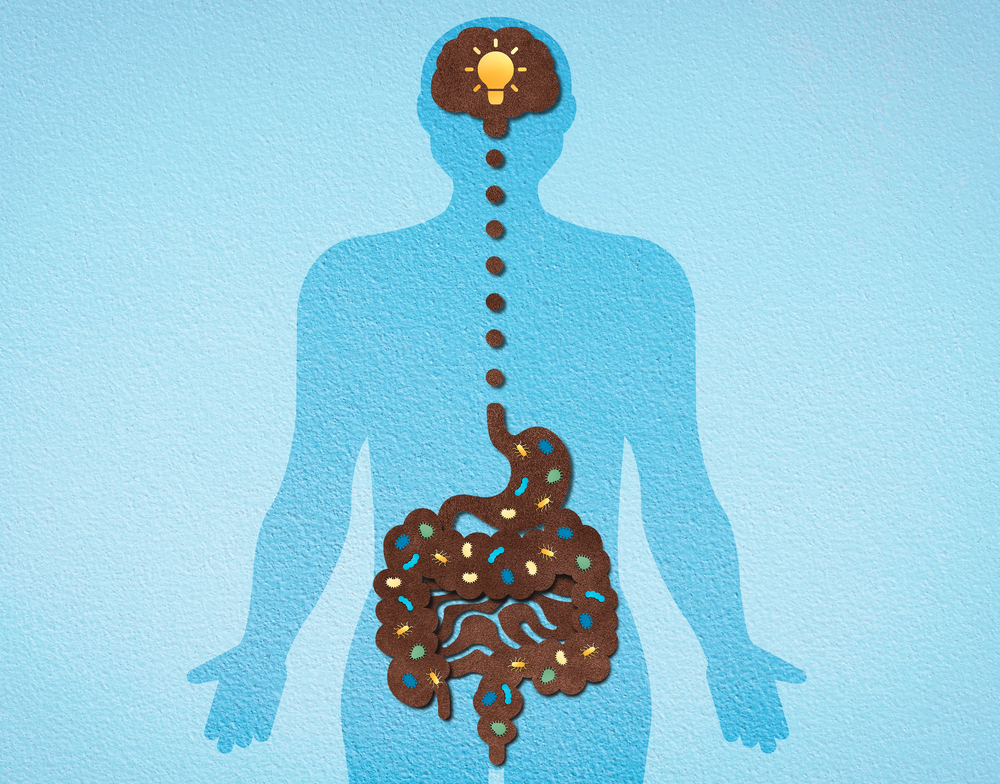Jené Andrea Carter, MD; Sachi M. Desai, MS, DO(c); Jessica Probst, PT, DPT, MTC; Mikhail Kogan, MD from October, 2019 Integrative Medicine, A Clinician’s Journal

Introduction: Mercury is a toxic metal that exists in elemental, inorganic, and organic states. Humans are exposed to mercury through industrial sources, consumption of seafood, or healthcare. Over time, this compound can accumulate in the body and cause symptoms. The authors of this study report a case of mercury toxicity and the detoxification treatment regimen provided to the patient from a functional medicine standpoint.
Case presentation: The patient is a 62-year-old woman of Mexican descent with a past medical history of hypertension, insulin resistance, hyperlipidemia, and anxiety disorder who presented, after visits with multiple allopathic physicians, with worsening neuropathic pain, fatigue, short term memory loss, and RUQ abdominal pain. She was found to have 10 aged mercury amalgams and elevated blood levels of inorganic mercury. Amalgam removal was recommended, in addition to dietary changes, a natural supplement regimen, and manual/physical therapy. After following the treatment for one year, the patient experienced a 70% decrease in total blood mercury levels and a dramatic improvement of all her symptoms.
Discussion: This patient’s chronic mercury toxicity from dental amalgams was effectively treated using a functional medicine approach to care. More studies are needed to compare pharmacologic versus supplemental chelation.
What you will learn from this case study:
- Symptoms of chronic mercury exposure
- Case Presentation
- Therapeutic Intervention
- Follow Up and Outcomes
Click Here to Download the Full Case Study
Jené Andrea Carter, MD(c); is at The George Washington University School of Medicine and Health Sciences. Sachi M. Desai, MS, DO(c); is at Philadelphia College of Osteopathic Medicine. Jessica Probst, PT, DPT, MTC; is at ThriveAgain Physical Therapy & Wellness, Washington, DC. Mikhail Kogan, MD; is at GW Center for Integrative Medicine, Washington, DC.
Corresponding author: Mikhail Kogan, MD E-mail address: mkogan@gwcim.com





